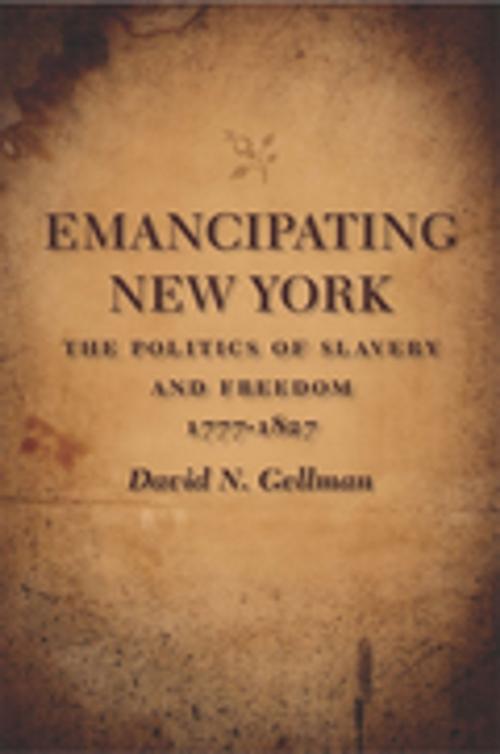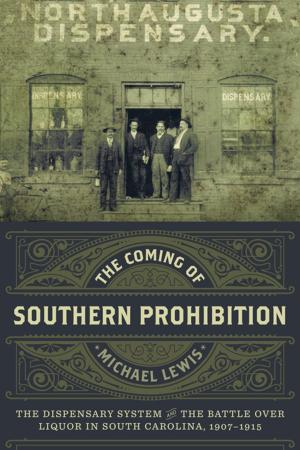Emancipating New York
The Politics of Slavery and Freedom, 1777–1827
Nonfiction, History, Americas, United States, Revolutionary Period (1775-1800), 19th Century| Author: | David N. Gellman | ISBN: | 9780807148600 |
| Publisher: | LSU Press | Publication: | November 1, 2006 |
| Imprint: | LSU Press | Language: | English |
| Author: | David N. Gellman |
| ISBN: | 9780807148600 |
| Publisher: | LSU Press |
| Publication: | November 1, 2006 |
| Imprint: | LSU Press |
| Language: | English |
An innovative blend of cultural and political history, Emancipating New York is the most complete study to date of the abolition of slavery in New York state. Focusing on public opinion, David N. Gellman shows New Yorkers engaged in vigorous debates and determined activism during the final decades of the eighteenth century as they grappled with the possibility of freeing the state's black population. The gradual emancipation that began in New York in 1799 helped move an entire region of the country toward a historically rare slaveless democracy, creating a wedge in the United States that would ultimately lead to the Civil War. Gellman's comprehensive examination of the reasons for and timing of New York's dismantling of slavery provides a fascinating narrative of a citizenry addressing longstanding injustices central to some of the greatest traumas of American history.
An innovative blend of cultural and political history, Emancipating New York is the most complete study to date of the abolition of slavery in New York state. Focusing on public opinion, David N. Gellman shows New Yorkers engaged in vigorous debates and determined activism during the final decades of the eighteenth century as they grappled with the possibility of freeing the state's black population. The gradual emancipation that began in New York in 1799 helped move an entire region of the country toward a historically rare slaveless democracy, creating a wedge in the United States that would ultimately lead to the Civil War. Gellman's comprehensive examination of the reasons for and timing of New York's dismantling of slavery provides a fascinating narrative of a citizenry addressing longstanding injustices central to some of the greatest traumas of American history.















